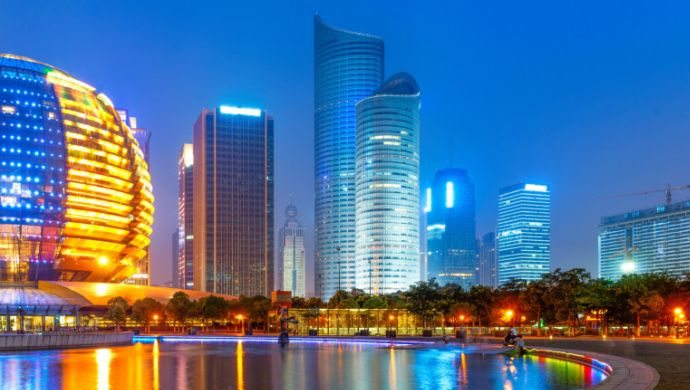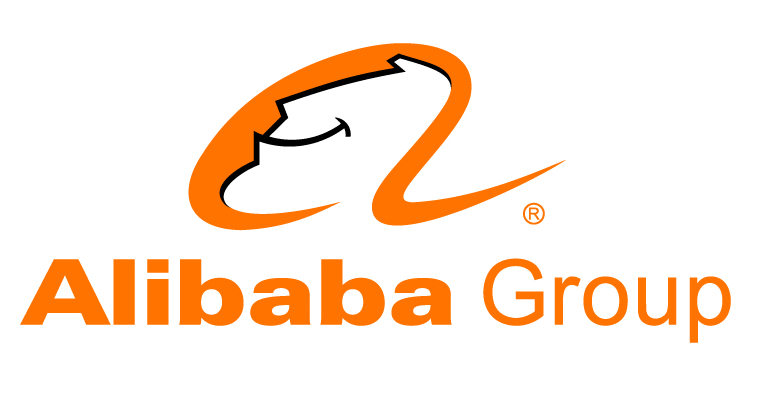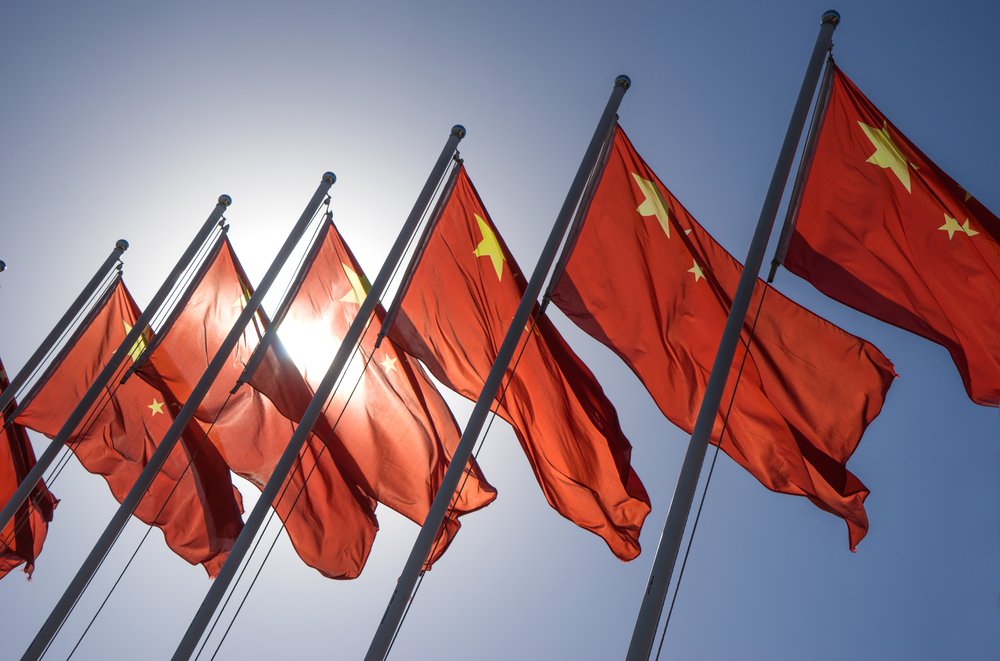
Hangzhou outrunning Beijing and Shanghai as top tech hub
By Emma Lee for Technode
More and more entrepreneurs nowadays lean towards second-tier cities, thanks to lower operational costs, nicer environment and better local government support.
When looking at China’s startup hubs, the first names that pop up in our minds would be Beijing, Shanghai and Shenzhen. The advantages are obvious. They are China’s first-tier metropolises both in terms of startup community and economy, offering easy access to investors and mature startup communities.
However, the rocketing housing fees and human resource costs as well as big-city pitfalls like pollution have forced entrepreneurs to weigh the pros and cons of these cities more carefully before calling them home.
The fact is that more and more entrepreneurs nowadays lean towards second-tier cities thanks to lower operational costs, nicer environment and local government support. The change is so fast that one of the uprising tech hubs — Hangzhou might overtake its sluggish peers as the new “Silicon Valley” of China, a recent report from Vision Plus Capital pointed out.
Alibaba IPO Triggered Startup Frenzy
Apart from being a scenic spot, Hangzhou, in the startup community, is more commonly known as the city where Alibaba started its legend more than one decade ago. Alibaba’s jaw-dropping IPO has inspired millions of Hangzhou entrepreneurs, a great portion of whom are former employees of the e-commerce behemoth, to follow Jack Ma’s footstep in starting their own companies.
The report shows that the number of new startups in Hangzhou surged 107% YOY in the second half of 2014 due in no small parts to the bolster from Alibaba’s IPO which was finalized in September of the same year. To put this number into some perspectives, the growth rate for Beijing and Shanghai in the same period is 64% and 53%. The city maintained its growth momentum straight to the first half of 2015 with a 38% YOY jump as compared with 9% and 8% for Beijing and Shanghai, respectively.
Since 2013, the funding raised by Hangzhou-based startups rocketed 160%, higher than Beijing (121%), Shanghai (119%) and Shenzhen (143%), the report showed. As of present, more than 58 billion RMB ($8.6 billion USD) of capital flowed into Hangzhou.
As startup craze cools down in the second half of 2015 and 2016, Hangzhou’s startup environment perseveres, partially because e-commerce still dominates the city. E-commerce companies have more practical goals in generating revenue, so they are more tenacious when winter capital arrives, according to Chen Hongliang, partner at Vision Plus Capital.
E-commerce Still Dominates, But Enterprise-faced Business Catching Up Quickly
Given that Hangzhou is the hometown of Alibaba, it’s no wonder that e-commerce takes the lead in all startup verticals. The sector has no equal in the city’s startup landscape with around 20% of all the companies in the city falls into that category. But it’s far from the only option. The percentage of enterprise-faced services, fintech, local lifestyle and social networking startups are rising over the years.

“This shows the entrepreneurial environment of Hangzhou is diversifying and maturing,” commented Chen Hongliang. “In the period of economic restructuring, companies face challenges from business upgrading to cutting costs. These needs will foster enterprise-faced services, of which cloud and data service might form the next booming market.”
Chen believes that Alibaba, Ant Financial and Zhejiang University have educated abundant technological talents for the prosperity of local startup scene, which is particularly important for cloud and data services. “The first generation of entrepreneurs has their expertise in business operation and entrepreneurs with technological backgrounds are going took the helm since this year.”
Hangzhou is just among a plethora of rising cities that’s ready to replace the current tech hubs like Beijing. Other top alternative startup hubs in China worth looking into include Chongqing, Chengdu and Xiamen.
First appeared at Technode





